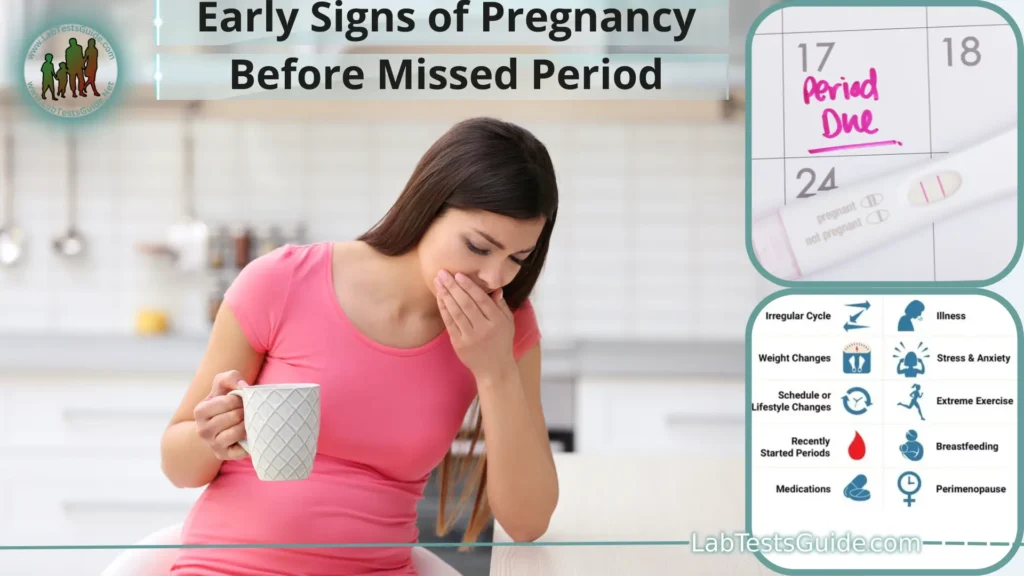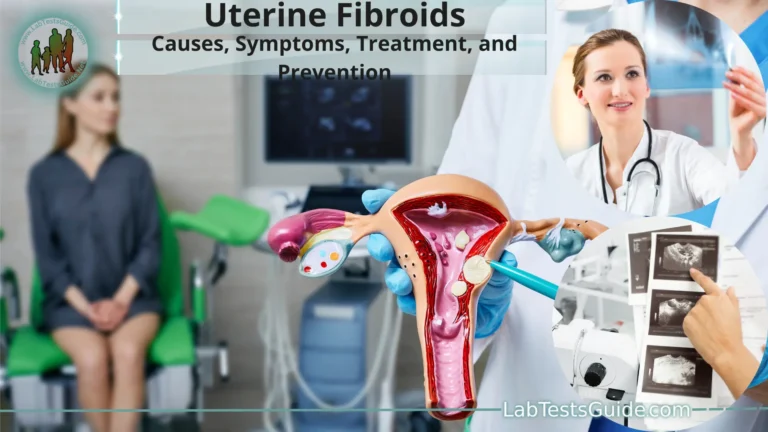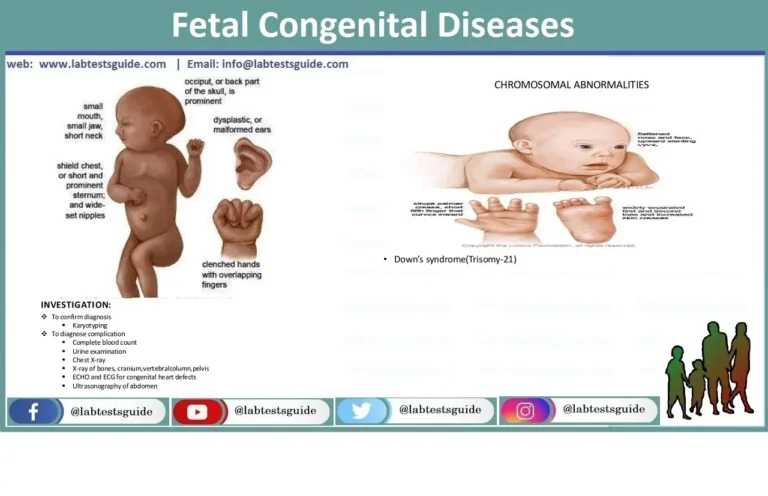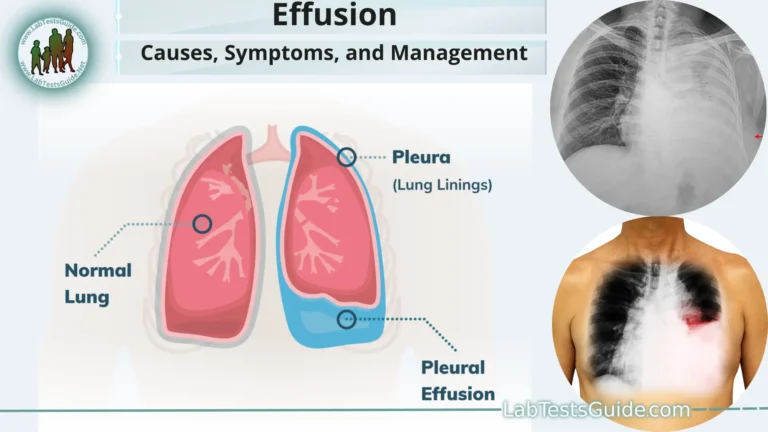Early signs of pregnancy can manifest before a missed period, although they can vary from woman to woman. Keep in mind that these symptoms are not exclusive to pregnancy and could be attributed to other factors.

The most common early signs of pregnancy before a missed period include:
- Breast Changes: Some women experience tender, swollen, or sore breasts as early as one to two weeks after conception. This is due to hormonal changes.
- Fatigue: Feeling unusually tired is a common early sign of pregnancy. Hormonal changes and increased metabolic demands on the body can cause this fatigue.
- Frequent Urination: An increase in the frequency of urination can occur as early as a week or two after conception. This is due to hormonal changes and increased blood flow to the pelvic area.
- Implantation Bleeding: Some women experience light spotting or bleeding when the fertilized egg attaches to the uterine lining, typically around 6-12 days after ovulation.
- Changes in Food Aversions and Cravings: Changes in taste and smell sensitivity can lead to food aversions or cravings. These can start in the early stages of pregnancy.
- Mild Pelvic Cramping: Some women report mild uterine cramping in the early stages of pregnancy, often similar to menstrual cramps.
- Changes in Basal Body Temperature: If you’ve been tracking your basal body temperature as part of fertility awareness, you may notice a sustained elevated temperature for 18 days or more following ovulation.
- Increased Sensitivity to Smells: Heightened sensitivity to odors can occur early in pregnancy and might contribute to nausea and morning sickness.
- Mood Swings: Hormonal fluctuations can lead to mood swings and emotional changes.
- Constipation: Slower digestion and increased progesterone levels can result in constipation for some pregnant women.
- Increased Salivation: Some women experience an increase in saliva production.
- Nausea and Morning Sickness: While this typically starts a bit later in the first trimester, some women may experience nausea before they miss their period.
12 Pregnancy Signs and Symptoms Before a Missed Period: What You Need to Know
Pregnancy is an exciting and life-changing journey that many women embark on. While the moment you confirm your pregnancy is typically after you’ve missed your period, there are several early signs and symptoms that can indicate you might be expecting even before your menstrual cycle is due. These early indicators can vary from woman to woman, and some may experience them more strongly than others. In this comprehensive guide, we’ll explore the various early signs of pregnancy, how they occur, and what you should do if you suspect you might be pregnant.
Understanding Early Pregnancy
Before we dive into the signs and symptoms of pregnancy before a missed period, it’s crucial to understand how pregnancy occurs. Conception happens when a sperm cell from a male fertilizes an egg cell from a female. This fertilized egg, known as a zygote, then travels down the fallopian tube and into the uterus, where it implants itself into the uterine lining. This process usually takes about 6-10 days after fertilization.
Once the zygote has successfully implanted, the body starts producing a hormone called human chorionic gonadotropin (hCG). HCG is often referred to as the “pregnancy hormone” because it is only produced during pregnancy. Its levels in the body increase rapidly in the early stages of pregnancy, and it is this hormone that pregnancy tests detect to confirm pregnancy.
Early Pregnancy Hormones
As mentioned earlier, human chorionic gonadotropin (hCG) is the primary hormone associated with early pregnancy. It is produced by the developing placenta and serves several essential functions:
- Implantation: HCG plays a crucial role in the implantation of the fertilized egg into the uterine lining.
- Sustaining the Corpus Luteum: In the early stages of pregnancy, hCG helps maintain the corpus luteum, which is responsible for producing progesterone. Progesterone is essential for supporting the uterine lining and ensuring a suitable environment for the embryo.
- Pregnancy Testing: HCG is the hormone detected by pregnancy tests, making it a reliable indicator of pregnancy.
Now that we have a basic understanding of pregnancy and its associated hormone, let’s explore the early signs and symptoms that some women experience before they miss their period.
Early Signs of Pregnancy
1. Breast Changes
One of the earliest and most common signs of pregnancy is changes in the breasts. This can include:
- Breast Tenderness: Your breasts may become tender, sore, or sensitive to touch.
- Swelling: The breasts can appear larger and feel heavier.
- Darkening of Areolas: The area around the nipples (areolas) may darken and become more prominent.
These changes are primarily due to hormonal fluctuations, specifically increased levels of estrogen and progesterone.
2. Fatigue
Feeling unusually tired or fatigued is another early sign of pregnancy. This fatigue can occur as early as one to two weeks after conception and is often attributed to the rapid increase in progesterone levels in the body. Your body is working hard to support the pregnancy, which can leave you feeling more tired than usual.
3. Frequent Urination
An increased need to urinate more frequently than usual can be an early pregnancy sign. This symptom may begin as early as one to two weeks after conception and is caused by hormonal changes, increased blood flow to the pelvic area, and the pressure exerted on the bladder by the growing uterus.
4. Implantation Bleeding
Implantation bleeding is a subtle sign of pregnancy that occurs in some women. It typically happens around 6-12 days after ovulation, which is just a few days before your expected period. This light spotting or bleeding occurs when the fertilized egg attaches itself to the uterine lining. It is usually much lighter than a regular period and may be pink or brown in color.
5. Changes in Food Aversions and Cravings
Pregnancy hormones can have a significant impact on your sense of taste and smell. Some women experience food aversions, where they suddenly dislike foods they previously enjoyed, while others develop cravings for specific foods. These changes in food preferences can begin early in pregnancy and may contribute to nausea and morning sickness.
6. Mild Pelvic Cramping
Mild pelvic cramping, similar to menstrual cramps, can be an early sign of pregnancy. This cramping is caused by the uterus expanding to accommodate the growing embryo. It is usually not as intense as menstrual cramps and can occur around the time your period is due or even a bit earlier.
7. Changes in Basal Body Temperature
If you’ve been tracking your basal body temperature as part of fertility awareness, you may notice a sustained elevated temperature for 18 days or more following ovulation. This can be a subtle sign of pregnancy, although it is not as reliable as other symptoms or a pregnancy test.
8. Increased Sensitivity to Smells
Heightened sensitivity to odors is another early sign of pregnancy. Certain smells that didn’t bother you before may suddenly become intolerable or even make you feel nauseous. This heightened sense of smell can contribute to morning sickness.
9. Mood Swings
Hormonal fluctuations during early pregnancy can lead to mood swings. You may find yourself feeling more emotional than usual, experiencing both highs and lows in your mood. These mood swings are normal and typically subside as your pregnancy progresses.
10. Constipation
Slower digestion and increased levels of the hormone progesterone can result in constipation for some pregnant women. If you notice changes in your bowel movements, it could be an early sign of pregnancy.
11. Increased Salivation
Some women experience an increase in saliva production, known as ptyalism, during the early stages of pregnancy. The exact cause of this symptom is not well understood, but hormonal changes may play a role.
12. Nausea and Morning Sickness
While nausea and morning sickness are often associated with the later stages of the first trimester, some women do experience these symptoms before they miss their period. Nausea can be triggered by hormonal changes and heightened sensitivity to smells and tastes.
It’s important to note that not all women experience these early signs of pregnancy, and the severity and timing of these symptoms can vary widely. Additionally, some women may mistake these symptoms for premenstrual symptoms, as they can be quite similar.
When and How to Take a Pregnancy Test
If you suspect you might be pregnant based on the early signs and symptoms mentioned above, you can take a home pregnancy test to confirm your pregnancy. Home pregnancy tests work by detecting the presence of hCG in your urine, and they are generally reliable when used correctly.
Here are some tips on when and how to take a pregnancy test:
- Timing: Wait until you’ve missed your period or, for the most accurate results, until the day your period is due. Testing too early can yield a false negative result because the levels of hCG may not yet be high enough to detect.
- Morning Urine: It’s often recommended to use your first-morning urine for the test because it tends to be more concentrated with hCG.
- Follow Instructions: Carefully read and follow the instructions provided with the pregnancy test kit. Each kit may have specific guidelines.
- Use a Digital Test: Digital pregnancy tests provide a clear “pregnant” or “not pregnant” result, which can be easier to interpret than traditional line tests.
- Confirm with a Healthcare Provider: If you receive a positive result on a home pregnancy test, it’s a good idea to schedule an appointment with a healthcare provider for confirmation and to discuss your next steps.
False Pregnancy Symptoms
While early pregnancy symptoms can be reliable indicators of pregnancy, it’s essential to be aware that some conditions and factors can mimic these symptoms, leading to false alarms. Some factors to consider include:
- Stress: High levels of stress can cause changes in your menstrual cycle and produce symptoms similar to pregnancy.
- Hormonal Imbalances: Certain medical conditions or medications can affect hormone levels in your body, leading to symptoms that mimic early pregnancy.
- Menstrual Irregularities: Changes in your menstrual cycle can sometimes cause symptoms such as breast tenderness and mood swings.
- Gastrointestinal Issues: Digestive problems, like irritable bowel syndrome (IBS), can cause symptoms like bloating and constipation, which might be mistaken for early pregnancy signs.
If you experience any of these symptoms and suspect you might be pregnant, it’s a good idea to take a pregnancy test to confirm or rule out pregnancy. Additionally, consult with a healthcare provider to address any underlying medical issues.
Conclusion
Pregnancy is an incredible journey filled with unique experiences and changes in your body. The early signs and symptoms of pregnancy before a missed period can vary from person to person, and not every woman will experience them. If you suspect you might be pregnant, pay close attention to your body, take a home pregnancy test when appropriate, and seek guidance from a healthcare provider for confirmation and prenatal care.
Remember that every pregnancy is different, and it’s essential to prioritize your health and well-being throughout this transformative time in your life. If you are indeed pregnant, early detection and proper prenatal care are crucial for a healthy pregnancy and a positive start to parenthood.
Possible References Used






